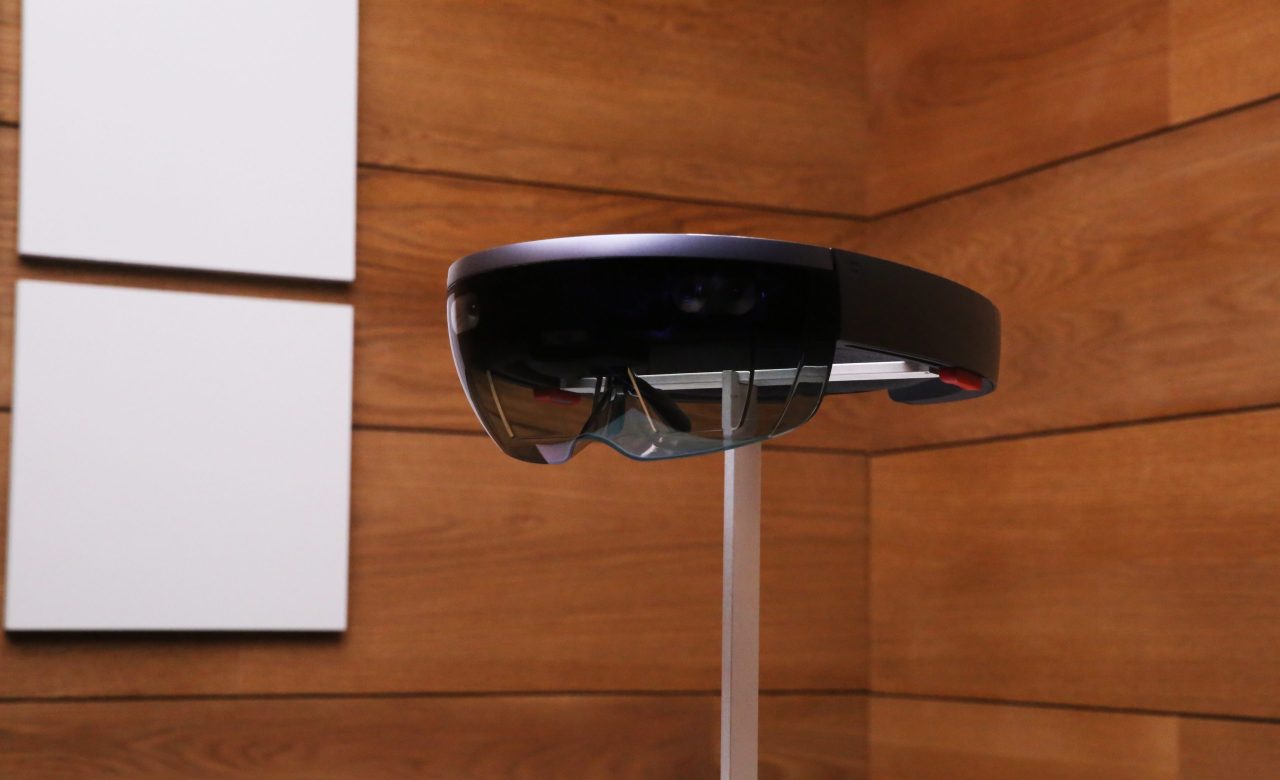The landscape of augmented and mixed reality is constantly evolving, and Microsoft is at the forefront of this transformation with its second-generation HoloLens. This innovative headset is not just a leap in virtual reality technology but also represents a significant shift towards integrating artificial intelligence directly into the hardware. With the inclusion of a dedicated AI coprocessor, the HoloLens is set to redefine how we interact with digital worlds and real environments.
Understanding the AI Coprocessor
One of the most exciting advancements in the upcoming HoloLens is the introduction of a custom-designed AI coprocessor. This new chip will allow the headset to process data on-device without relying on cloud computing. The implications? Reduced latency, improved responsiveness, and enhanced battery life, which ultimately leads to a more seamless user experience.
Benefits of On-Device AI Processing
- Speed and Efficiency: By performing complex computations locally, the HoloLens can react faster to the user’s movements and commands, creating a more immersive experience.
- Increased Mobility: The reliance on cloud connectivity will diminish, allowing professionals to use the device in remote locations without internet access. This is particularly valuable in industrial settings where connectivity may be unstable.
- Enhanced User Interaction: With AI capabilities, HoloLens can offer richer interactions, such as more sophisticated object recognition and predictive inputs based on user behavior.
Examples of Potential Applications
Microsoft’s CEO, Satya Nadella, has highlighted various scenarios where these advanced features could be applied. For instance, in industrial environments, workers could use HoloLens to visualize machinery operations in real-time and receive immediate feedback on system performance. This has the potential to revolutionize training and maintenance procedures.
Moreover, in healthcare, augmented reality could aid surgeons in overlaying critical information during procedures, thereby improving accuracy and decision-making. The implications span various sectors, reinforcing the importance of integrating AI into mixed reality technologies.
The Competitive Landscape
Microsoft isn’t alone in this endeavor. Other tech giants are also venturing into custom chip development to boost AI capabilities. Google has designed its AI processors for handling advanced tasks efficiently, while Apple is reportedly developing a dedicated chip for its devices to enhance performance.
This trend suggests a growing recognition of the necessity for tailored hardware to maximize the potential of AI applications. As companies like Google and Apple innovate in this space, the expectation for high-performance solutions will only increase.
Innovation through Custom Silicon
At **[fxis.ai](https://fxis.ai)**, we understand that the future of computing lies in the convergence of artificial intelligence and mixed reality. Microsoft’s approach of designing its silicon is a pivotal step in this direction. It not only allows for better optimization of software and performance but also sets a precedence for future advancements in the industry.
As more companies adopt this strategy, we can expect to see new, intelligent mixed reality devices that offer unprecedented capabilities. This will not only enhance user experiences but also create completely new avenues for innovation.
Conclusion: A New Era of Mixed Reality Awaits
With the impending arrival of the second-generation HoloLens featuring a dedicated AI coprocessor, we stand at the brink of a new era in mixed reality and artificial intelligence. This development is not merely technical; it represents a paradigm shift in how we will interact with technology in our everyday lives.
As we look forward to seeing how Microsoft and other companies continue to push these boundaries, one thing is clear: the future of AI and mixed reality is bright, and the potential applications are vast. At **[fxis.ai](https://fxis.ai)**, we believe that such advancements are crucial for the future of AI, as they enable more comprehensive and effective solutions. Our team is continually exploring new methodologies to push the envelope in artificial intelligence, ensuring that our clients benefit from the latest technological innovations.
For more insights, updates, or to collaborate on AI development projects, stay connected with **[fxis.ai](https://fxis.ai)**.

